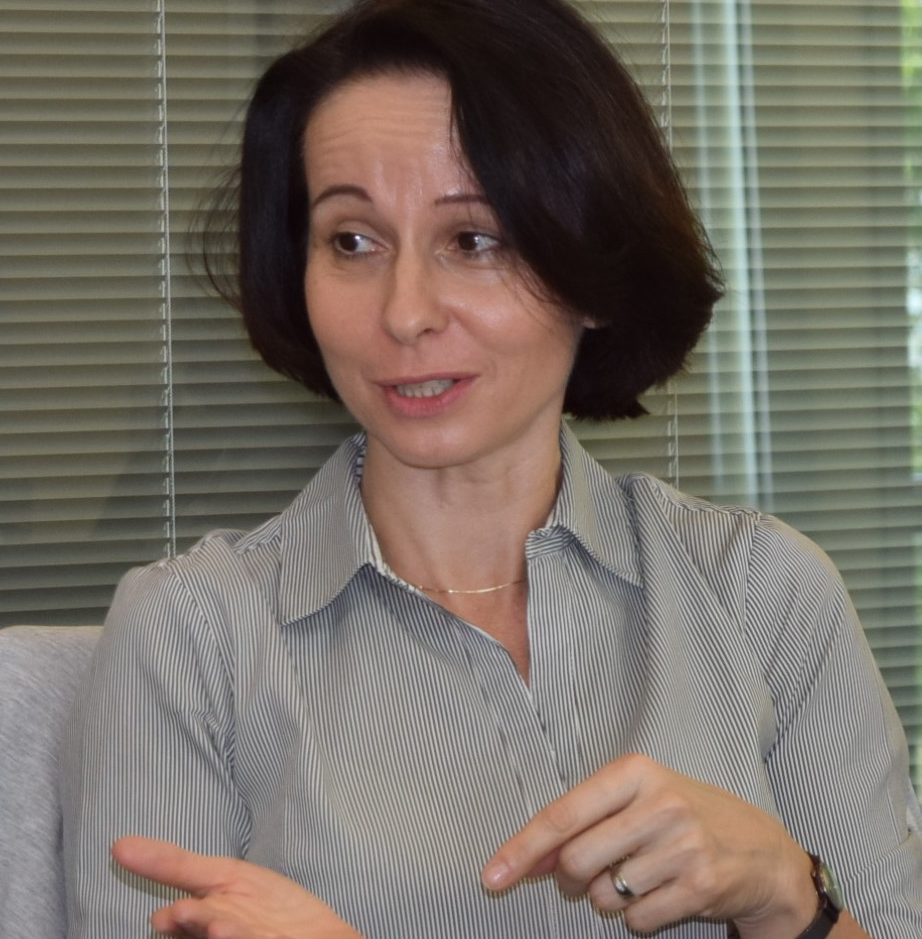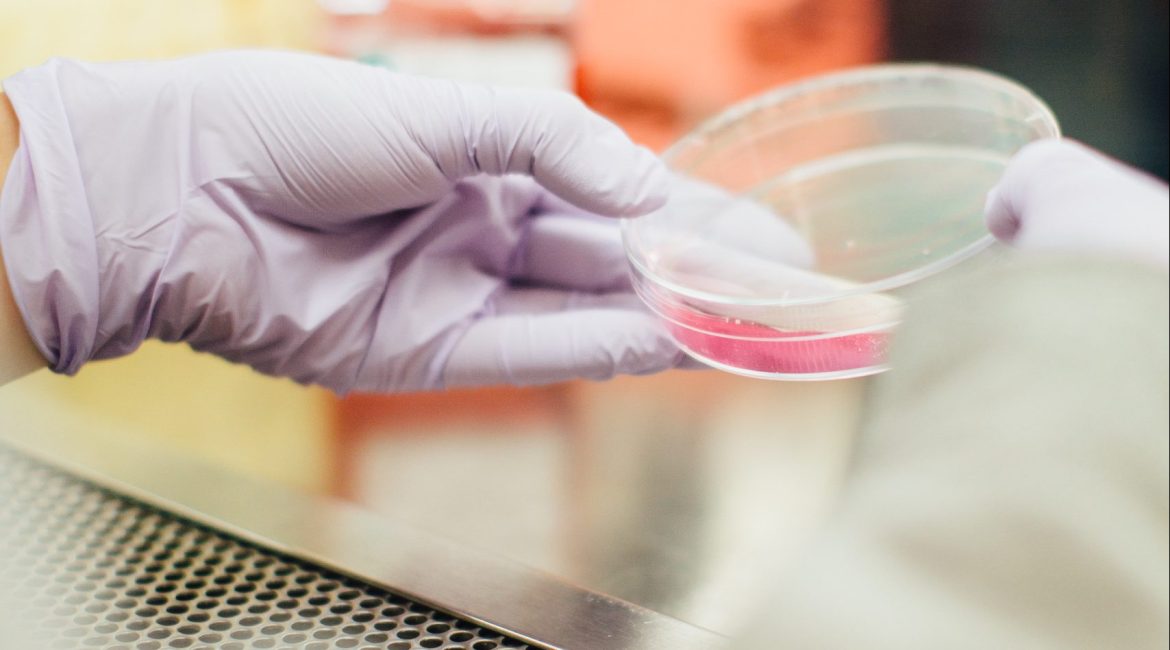The competencies of lab technicians in Barbados, Dominica and St Kitts and Nevis were given a boost when a cadre of them undertook training in the ISO/IEC 17025:2017 standard which delves into the specifics for laboratories.
The training in the standard which examines the general requirements for the competence, impartiality and consistent operation of laboratories, was made possible through funding by the Caribbean Development Bank’s second phase of the project, “Strengthening of the Regional Quality Infrastructure Programme”. The project is implemented in the three aforementioned countries, facilitated by CROSQ.
Consultant Mrs. Anett Matbadal explained that the training allowed for the strengthening of the technical capacities of the bureaux, especially in the area of metrology to bring the laboratories closer to preparedness for accreditation.

“This requires building competencies in the respective technical fields, as well as in the elaboration, documentation, implementation and maintenance of a Quality Management System. This training, which was realized in 10 individual virtual sessions between June 21 and July 27, was provided to technical staff of the respective metrological areas of the Barbados National Standards Institution (BNSI), the Dominica Bureau of Standards (DBOS) and the St. Kitts and Nevis Bureau of Standards (SKNBS), as well as interested persons from other departments of these NSBs, for example the microbiology and the chemical laboratory of the DBOS and its Quality Manager,” said Matbadal.
Participants included technicians, such as legal metrology inspectors or laboratory technicians with university or college degrees and holders of a PhD.
The training covered areas including:
- Introduction to Quality Management, Accreditation, Certification and respective standards relevant to Laboratories
- Requirements of the standard ISO/IEC 17025:2017
- General requirements (impartiality, confidentiality)
- Structural requirements
- Resource Requirements (e.g., personnel, facilities, equipment, metrological traceability)
- Process Requirements (e.g., selection, verification and validation of methods, handling of calibration items, technical records, evaluation of measurement uncertainty, ensuring the validity of results)
- Management System Requirements (e.g., management system documentation, control of management system documents, control of records, Corrective action, internal audits, management reviews)
- Risks and Opportunities
- How to draft / update the laboratory QMS documentation
Mrs. Matbadal stated that participants who received the training would now be able to either start drafting the individual procedures and overall quality manual necessary for the demonstration of the technical competence in their respective field, or to update the existing documents respectively. The training established an understanding of the changes applied to the standard ISO/IEC 17025 in its recent 2017 revision, as well as to the 2015 revised ISO 9001 standard. New or more emphasized topics such as the consideration of risks and opportunities or the aspects of impartiality and confidentiality were specifically addressed in the training. With this training the prerequisites were established for the laboratory technicians to develop the quality management documentation necessary for international recognition of the provided services.





